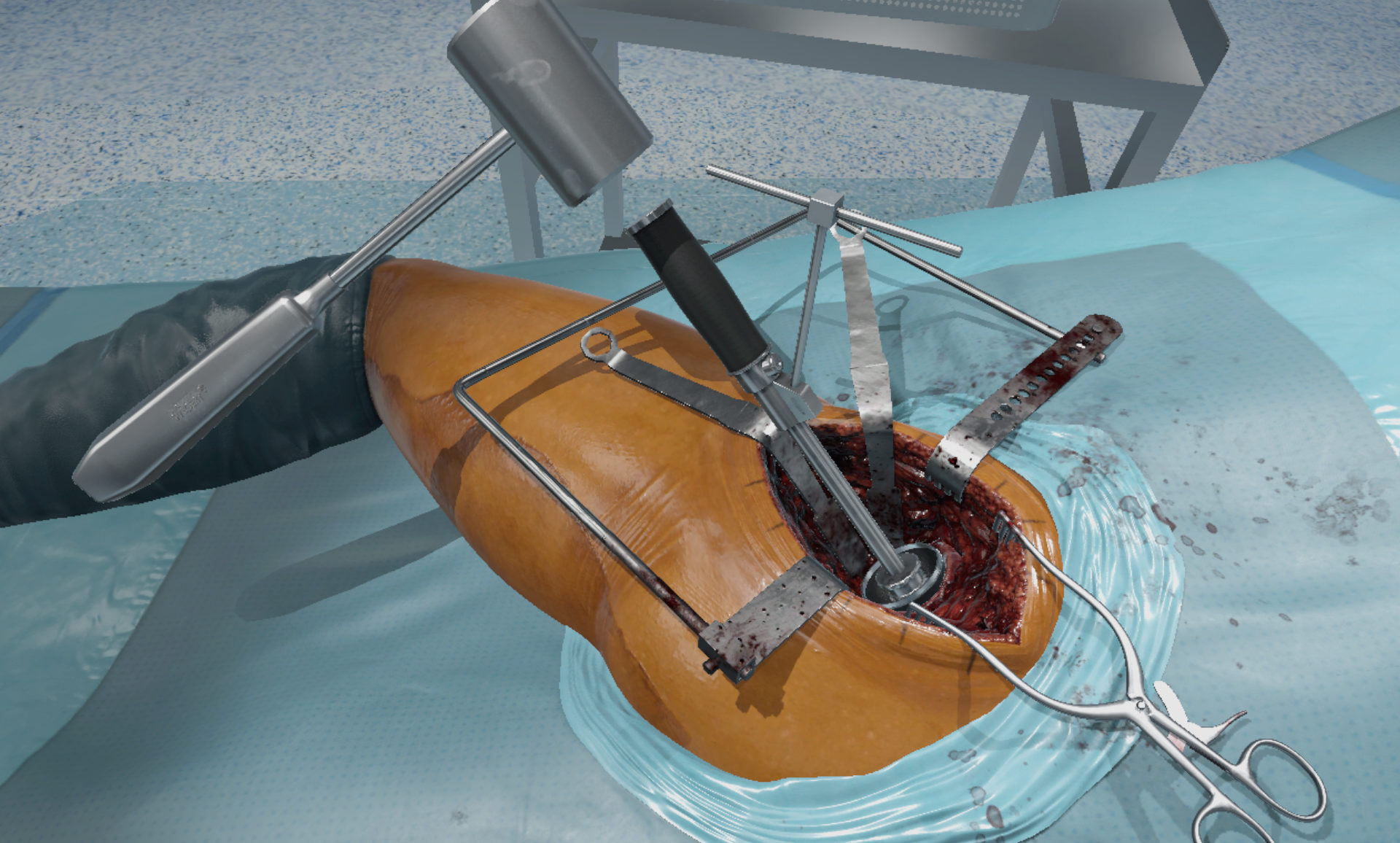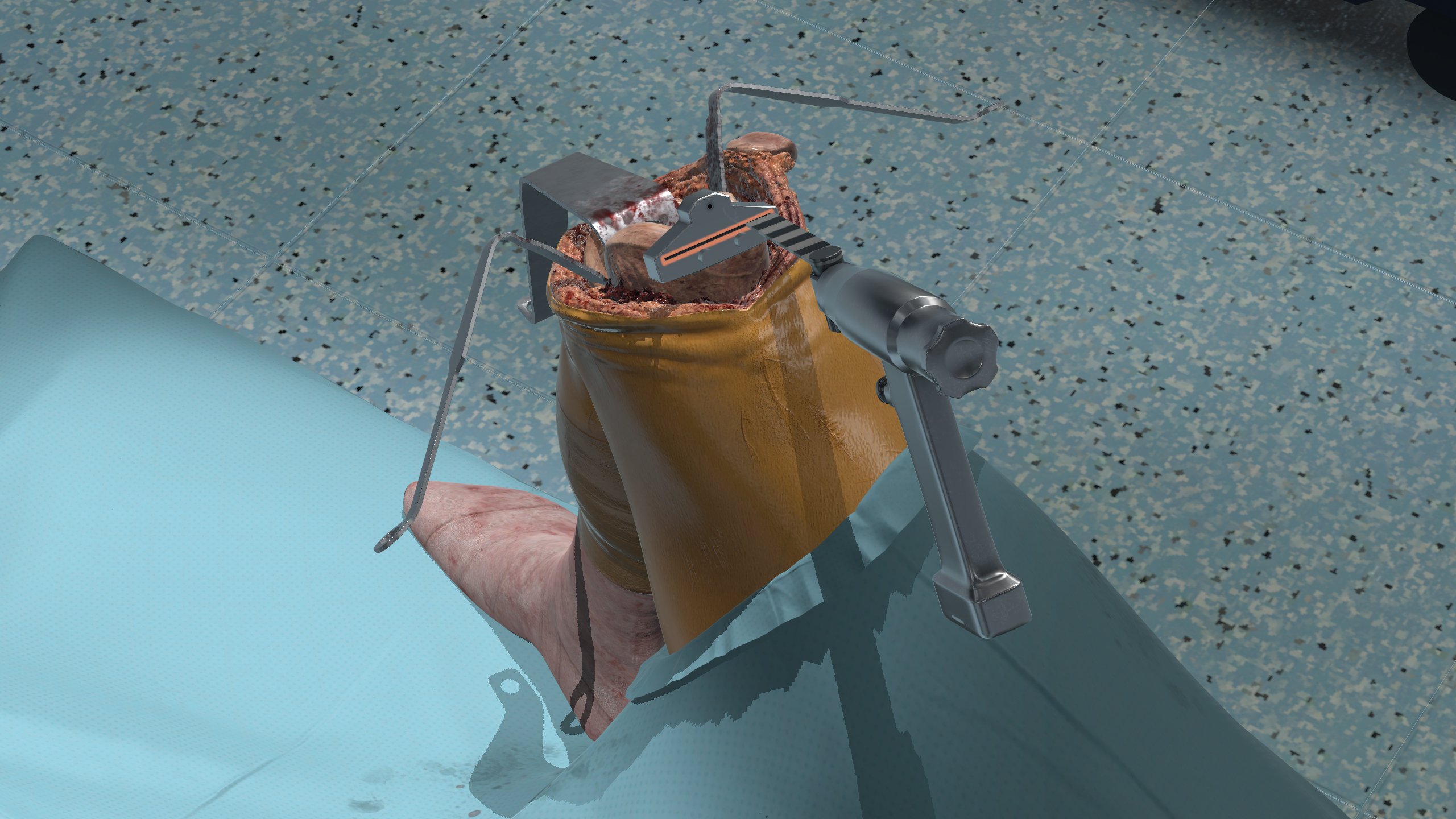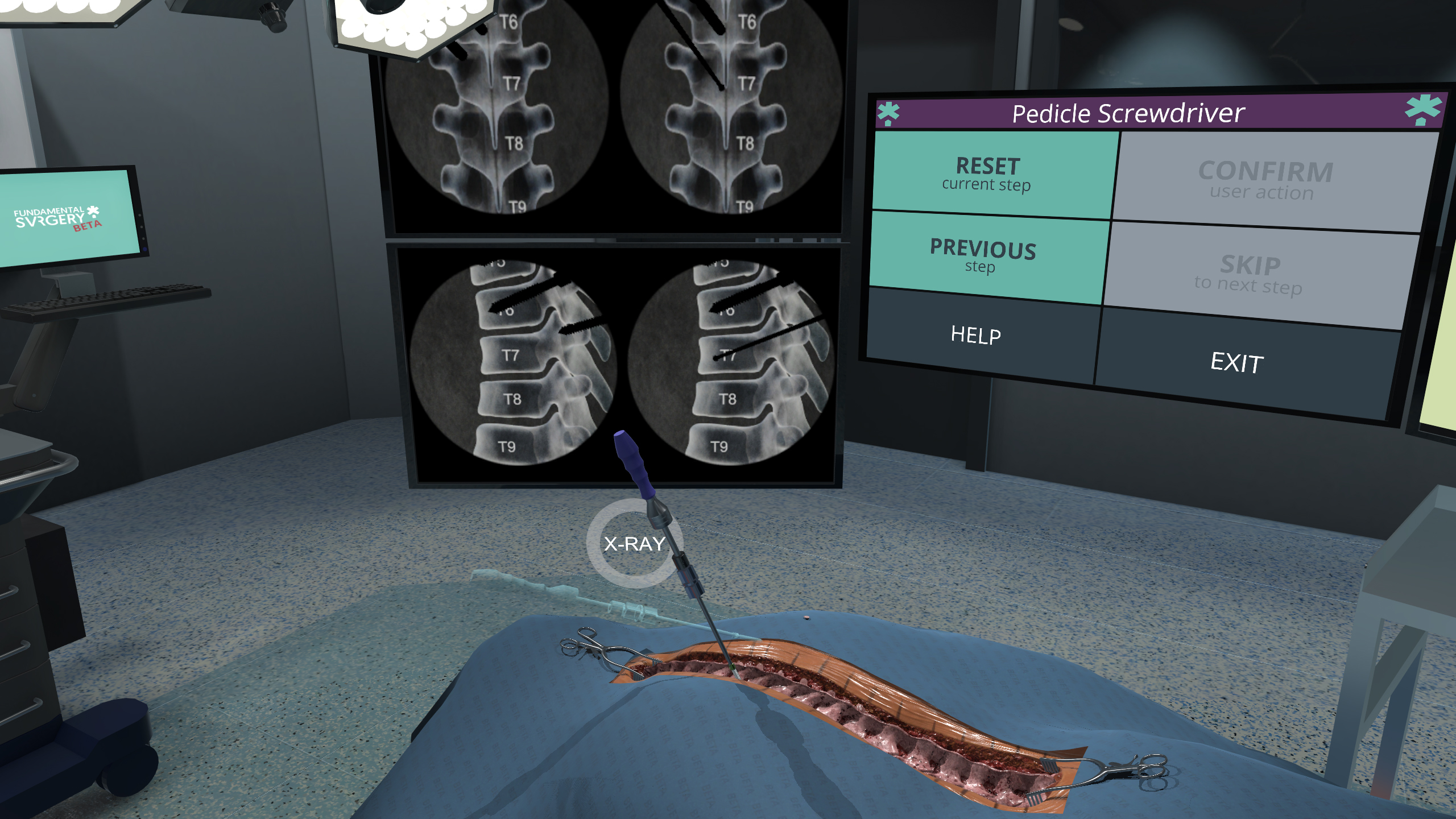Mayo Clinic brings their massive body of research to FundamentalVR’s simulation platform.
According to a 2015 commission report launched at the Royal Society of Medicine in London, UK, 5 Billion people still don’t have access to safe surgery due to a lack of trained professionals. In the U.S. alone, over $15 billion a year is spent solely on medical training, much of which is wasted on antiquated, expensive, and non-repeatable methods that offer students little chance of any hands-on practice.
The truth is that the method in which surgeons are trained has changed very little over the past 150 years. Much hands-on practice still relies upon cadavers, which can cost $13,000 or more and can only be used to train between 4-6 students. Reusable, synthetic cadavers, on the other hand, cost in excess of $40,000.
Currently, less than 0.5% of the world’s surgeons have access to quality training simulations. FundamentalVR and Mayo Clinic are on a mission to change this fact by democratizing surgical training through safe, low-cost immersive experiences.

FundamentalVR has just announced a three-year strategic alliance with the Mayo Clinic, one of the leading academic medical centers in the United States, which will include a joint development agreement for its Surgical VR Simulator, Fundamental Surgery.
The two companies hope to eventually further the program, expanding past basic surgical simulations to eventually share clinical and technical expertise and develop new immersive training products. The objective is to create new simulation content and assessment criteria based on the Mayo Clinic’s substantial body of research in partnership with its surgeons, clinical practitioners, and data scientists.
This agreement will see the two parties collaborating on a range of simulations with an initial focus on the General Surgery area. They will then move into growth areas including robotic and patient specific simulations derived from DiCom (Digital Imaging and Communications in Medicine) data and 3D modeling.
The proof of the pudding, however, comes down to whether or not the use of VR simulations will eventually improve patient outcomes, something that Richard Vincent, FundamentalVR’s CEO believes is entirely possible.
“Our haptic + immersive VR platform has already proven to offer a new way to allow skills development, and we share the belief that the comparative data insight and measurement will have a profoundly positive impact on the wellbeing of people around the world,“ he says.
The platform’s initial training packages are focused on Orthopedic Surgical disciplines including Spinal Pedicle Screw Placement, Posterior Hip Replacement and Total Knee Arthroplasty.
Further orthopedic procedures will be added during Q4 2018 alongside other disciplines. This includes general surgery and cardiovascular training slated for 2019.

Headquartered in London with offices in Boston, FundamentalVR company provides enterprise training solutions to medical device and pharmaceutical companies, as well as curriculum-based immersive training experiences to medical institutions, hospitals and learning centers. So far it has raised over $2.6M in funding, capitalizing on the fact that the global MedEd is projected to reach $38B by 2024.
Until recently, affordable virtual reality solutions in this area had been limited to game-like experiences and lacked the touch sensation critical in surgical procedures. Current VR haptic solutions that use specialist equipment cost over $100K to purchase and thousands more to maintain, as they require specialist “Sim-Tech” staff and a dedicated space in order to function properly.
The FundamentalVR platform on the other hand, offers subscription licenses starting $350 and works in conjunction with any modern PC or laptop, a standard VR headset, and two haptic arm devices which can be purchased easily online.

Users can feel the movement and interaction of tissue, muscle, and bone as they would in an actual procedure within a sub millimeter of accuracy of resistance, something I experienced first-hand while “performing” a procedure at the Global Education and Skills Forum in Dubai earlier this year.
Its proprietary Surgical Haptic Intelligence Engine (SHIE) draws upon an extensive library of tools and tissue variants that mimic real life sensations; each of which were carefully calibrated by a leading team of professional surgeons. Over the course of its two years in development, more than 500 surgeons have tested the system, the feedback of which was used to used to continually improve the simulations.
Just as pilots train for bird strikes or engine failure, surgeons are also confronted with varying scenarios ranging from abnormal anatomy, to rare complications that can happen during live procedures, such as unexpected bleeding.

The healthcare sector has been among the earliest adopters of immersive technology, as the benefits – most evident in the ability to train students and allow professionals to hone their skills in a safe and realistic environment – were clearly quantifiable. As a result, the interest it’s attracting from major players in the industry doesn’t come as much of a surprise.
Image Credit: FundamentalVR / Mayo Clinic
The post FundamentalVR Partners With Mayo Clinic To Develop Haptic VR Surgery Simulations appeared first on VRScout.
from VRScout https://ift.tt/2qotECP
via IFTTT
No comments:
Post a Comment